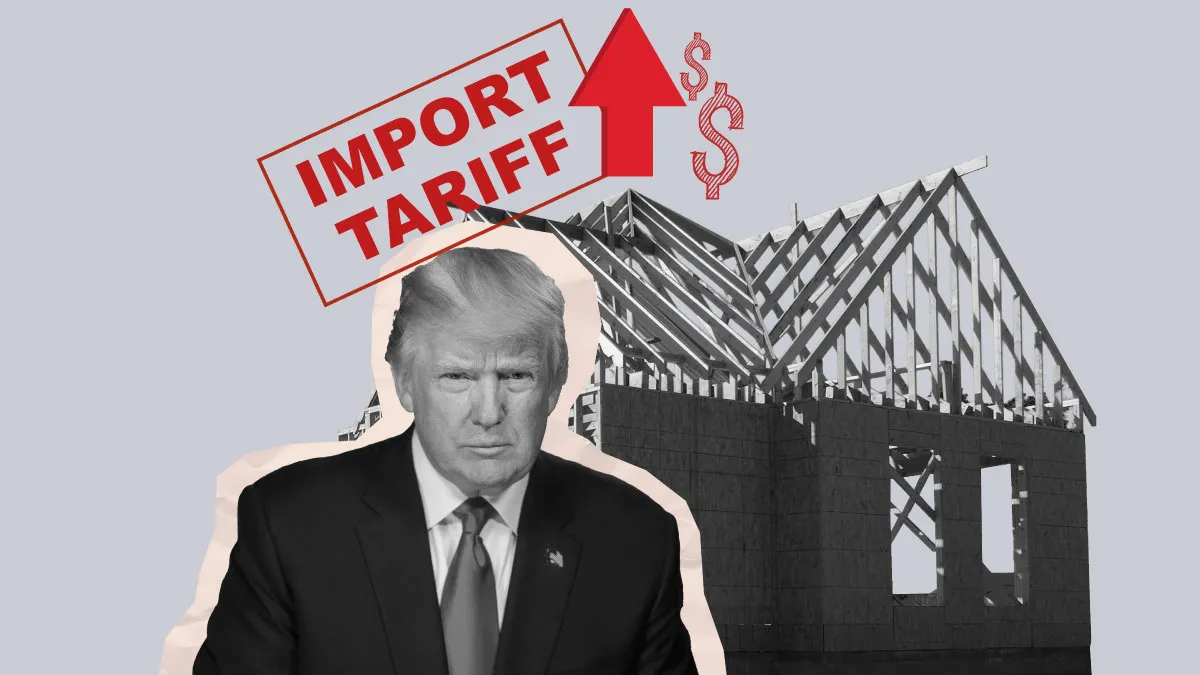EasyKnock is abruptly discontinuing its sale-leaseback platform

Residential sale-leaseback platform EasyKnock has abruptly ceased operations after criticism from government agencies and under fire from dissatisfied consumers.
“After many years of serving consumers, EasyKnock has closed its doors,” reads a message on the company’s website. “We are very grateful for the trust placed in us to be part of the financial journey of so many. Although EasyKnock may no longer be there, agreements have been made to guarantee service to our customers.”
New York-based EasyKnock’s business model allowed homeowners to sell their properties to the company but remain as renters while receiving cash for their financial needs. Jared Kessler founded the fintech in 2016 and has since raised money from several venture capital firms.
In February 2024, the company closed at a valuation of $28 million Series D financing round from new and existing investors, including Gaingels, Modern enterprises, QED Investors And Zillow co-founder Spencer Rascoff. This followed a $57 million Series C round in February 2022. In 2018, the company raised $3.5 million in seed funding, including $100 million in new debt.
A wave of takeovers followed. The company made deals with struggling power buyer firm Ribbon in May 2023, home maintenance company Below in September 2023, housing stock investment company Balance of homes in December 2023 and housing stock investment company HomeTempo in May 2024.
But the company came under the supervision of state regulators in December 2023. At that time, Massachusetts Attorney General Andrea Joy Campbell announced a settlement with EasyKnock for what her office said were deceptive practices that robbed consumers of their home equity.
According to the claims, the company bought homes from “cash-poor consumers at bargain prices and then rented them back to consumers, sometimes at unfair rents,” in violation of the state’s consumer protection law.
Consumer lawsuits were subsequently filed in Texas, Maryland, South Carolina, Pennsylvania and Ohio. Actions were taken by state regulators in Massachusetts, Michigan and Connecticut.




